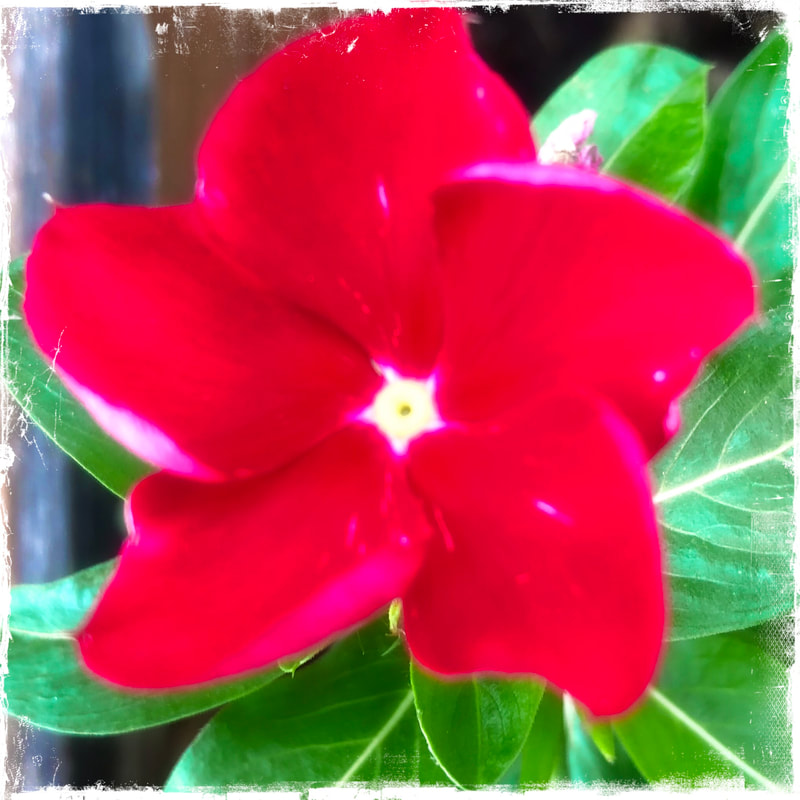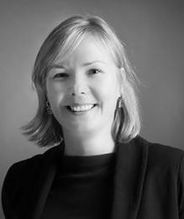ASSAY: A JOURNAL OF NONFICTION STUDIES
5.2
5.2
|
“If you want to write and don’t…not writing will eventually begin to erase who you are.”
– Louise DeSalvo, Writing as a Way of Healing In 2009, the second winter of my son’s life, I discovered the work of Louise DeSalvo. More than a year had passed since I’d written much of anything, and the stoppage was starting to take its toll. I was desperate to work. Desperate to feel like myself again. So, I did what perhaps only a scholar or writer might do, and I headed out to the library to look for advice and help. As with most things in my life, I figured the answer lay in research – even in this case, where the problem felt more existential than intellectual.
After dropping my toddler off at daycare, I trudged through the snow and slush to the campus of McGill University. How did other mothers do this? I wondered as I made my way. Was it possible even to be a mother-writer? And, if so, then who could show me the way? It wasn’t long before I came across a book called Between Women. Inside the volume, DeSalvo’s essay “A Portrait of the Puttana as a Middle-Aged Woolf Scholar” awaited me. Though I’d never heard of this writer before that frigid Montreal day, she turned out to be exactly who I needed. DeSalvo’s “Portrait of the Puttana” is a text about loving a child, while at the same time loving reading, writing, and research. She tells the story of how she managed to find a way to be both a mother and writer. How she rejected self-hatred and outside judgments to forge a new way for herself. The essay is about the pleasure of archival work and about how literature can change us in fundamental ways and even, in moments of crisis, keep us alive. Finally, it’s about the difficult shift that DeSalvo made from an armored academic voice to something softer, rougher, sharper, and more honest. I remember the feeling of recognition and kinship that came over me as I read her essay because in 2009, I too was struggling to write in a new way and to shed a version of academic drag that, as DeSalvo put it in “Breaking the Jar/Mending the Jar” implied “an erasure of self.” This writer understood me. She had been where I was trying to go. She gave me courage to believe that I could make it there too. In a 2015 essay called “Portrait of the Mother as Writer and Researcher” that I wrote for Personal Effects, a Festshrift for DeSalvo in honor of her seventieth birthday, I tried to work out why exactly I had felt such kinship with her. I wrote about her story of migration, her experience of a family’s transmission of cultural memory from generation to generation, and her thoughts on what it meant to write from a perpective that is sometimes invisible, often ignored, and occasionally considered laughable – in DeSalvo’s case, as the grandchild of working-class immigrants from Puglia; in my case, as the child of postwar Lithuanian displaced persons. Through her writing DeSalvo confirmed that, yes, even these stories – rooted in church basements, fishing villages, and infused with “ethnicity”– mattered. She gave me permission to write as I saw fit and about subjects that mattered and made sense to me. DeSalvo was firm in her certainty that those of us who grew up not in moneyed or powerful or particularly intellectual or stylish homes nonetheless have the right to write. We too are called to write. And on that winter’s day in the library, DeSalvo extended to me an invitation to join her inf “a self-chosen community…shar[ing] struggles, challenges, and triumphs in life and in our work” (Writing as a Way of Healing 125). That evening, I returned to my desk with renewed clarity and confidence, and in the knowledge that I wasn’t alone. I think I learned that DeSalvo was ill shortly after I started writing the essay for her birthday. One of DeSalvo’s many gifts was the ability to live her life without shame, so she was frank and open about her diagnosis of breast cancer and for a while offered updates on the blog she called Writingalife. It’s the only blog I’ve ever subscribed to. The cancer-related entries landed in my email inbox alongside thoughts about a new book she was writing about her parents and about teaching at Hunter College, where DeSalvo was a professor. Gradually, as the cancer treatments wore on, the blog entries grew less frequent and I worried that this friend whom I’d never met and whom I only knew through reading, was fading. When asked for advice on how to start a book, DeSalvo answered on her blog simply: Sit down at your desk every day. Her advice on finding time for writing: Stop watching TV. Stop answering the phone. Stop reading the paper. To this litany of time-wasters to reject, as her time was growing shorter, she must have added: stop writing your blog. I can only imagine how she struggled to manage her energy and focus in her final years, but it’s clear that Louise (forgive me: I feel the need to switch to her first name here) must have taken her own writing advice even under such difficult circumstances. Amazingly, Louise published three books – Chasing Ghosts, The House of Early Sorrows, and The Art of Slow Writing – while cancer sat beside her at her desk. It’s more than most scholars publish in an entire career. Louise DeSalvo died on October 31, 2018, in Montclair, New Jersey. The world of the essay, memoir, and creative writing pedagogy is richer for her life and literary legacy even as we mourn her death. We at Assay are honored to share this cycle of tributes submitted to us by those who loved both the writer and her work. Godspeed, Louise. May your books and essays live forever. Works Cited DeSalvo, Louise. “Breaking the Jar/Mending the Jar.” In Breaking Open: Reflections on Italian American Women’s Writing, ed. Mary Ann Vigilante Mannino and Justin Vitiello, 59-71. West Lafayette, IN: Purdue University Press, 2003.
---. “A Portrait of the Puttana as a Middle-Aged Woolf Scholar.” In Between Women: Biographers, Novelists, Critics, Teachers and Artists Write About Their Work on Women, ed. Carol Ascher, Louise DeSalvo, and Sara Ruddick, 35-53. New York: Routledge, 1993. ---. Writingalife’s Blog. http://writingalife.wordpress.com ---. Writing as a Way of Healing: How Telling Our Stories Transforms Our Lives. Boston: Beacon Press, 2000. Šukys, Julija. “Portrait of the Mother as Writer and Researcher.” In Personal Effects: Essays on Memory, Culture, and Women in the Work of Louise DeSalvo, eds Nancy Caronia and Edvige Giunta, 75-85. Bronx, NY: Fordham University Press, 2015. |
|
Julija Šukys (PhD, U Toronto) is an Associate Professor of English at the University of Missouri, Columbia, where she teaches the writing of creative nonfiction. She is the author of three books, including Siberian Exile: Blood, War, and a Granddaughter’s Reckoning and Epistolophilia: Writing the Life of Ona Šimaite. Epistolophilia won the 2013 Canadian Jewish Book Award for Holocaust Literature. She also directs the Missouri Audio Project.
|
Continue Reading...
|
|

